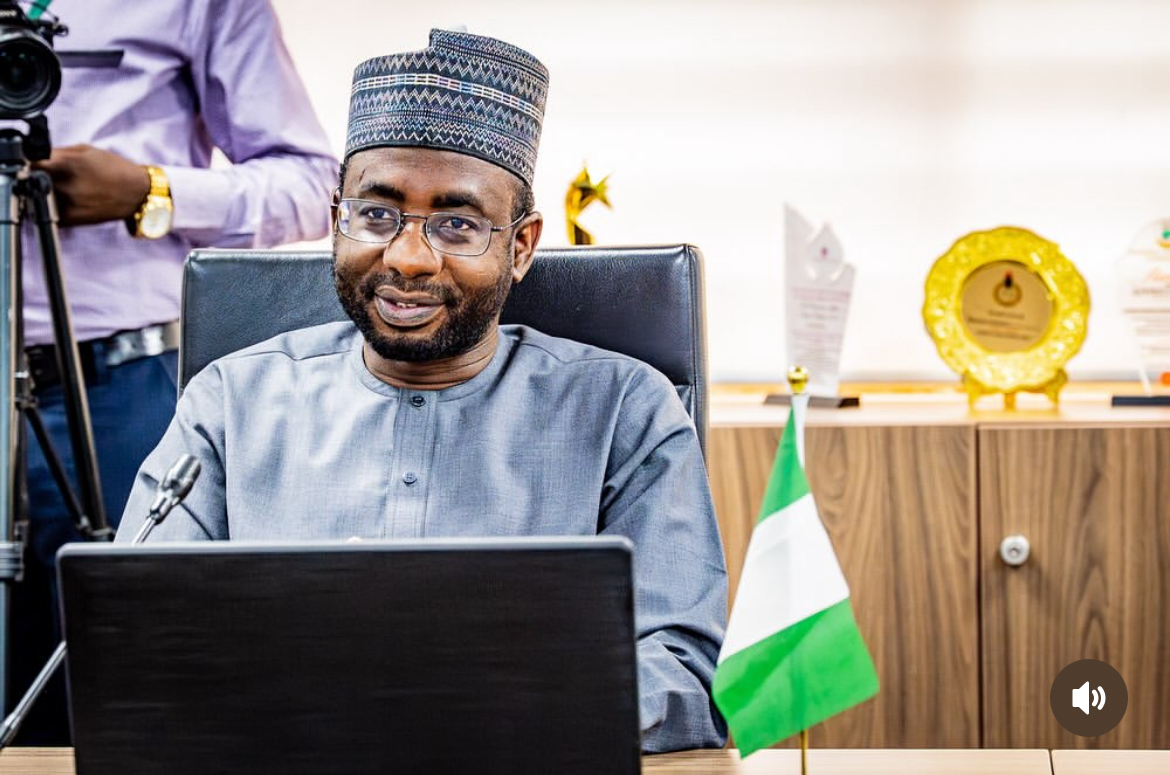Digital literacy has officially become part of Nigeria’s education curriculum as the Federal Government integrated it at all levels. The confirmation came from the National Information Technology Development Agency (NITDA), which emphasized that this milestone reflects Nigeria’s determination to prepare students for a knowledge-driven economy. By embedding digital skills across schools, the government is setting a foundation for competitiveness, innovation, and long-term national growth.
This development is more than a policy adjustment. It signals a deliberate shift toward aligning education with global realities. For years, Nigerian students have faced challenges when competing internationally, largely due to limited access to practical digital training. However, the inclusion of digital literacy in the curriculum represents a decisive response to those challenges. Consequently, children across urban and rural schools will now gain exposure to skills that define the future workplace.
The integration did not happen overnight. NITDA and the Ministry of Education have collaborated closely, with input from industry experts and stakeholders. Through multiple consultations, workshops, and pilot programs, the agencies crafted a plan that balances technical depth with accessibility. Moreover, the framework ensures that teachers are not left behind. Training programs are already underway to equip educators with the skills they need to teach digital literacy effectively.
Students stand to benefit immensely from this initiative. From primary school to higher education, young people will now learn about basic coding, safe internet use, and digital tools for problem-solving. These lessons will not only improve their academic performance but also give them practical abilities applicable in everyday life. Therefore, the reform promises to reduce the digital divide while creating opportunities for social mobility and entrepreneurship.
Read more: Nigeria Gas Pipeline Project Gains Strong Backing from Hon. Faleke
Transitioning into a digital economy requires more than infrastructure; it requires a digitally literate population. Nigeria’s policymakers understand that the global marketplace is increasingly knowledge-based. Without early digital exposure, future workers would lack competitiveness. This reform aims to prevent that gap. By starting digital literacy at the earliest stages, the government is ensuring that children grow with confidence in technology. Meanwhile, employers across industries are already projecting how this change will strengthen the talent pipeline.
NITDA’s confirmation of the integration has generated excitement among parents, educators, and technology enthusiasts. Many see it as a bold and timely move that aligns with President Bola Tinubu’s broader agenda of economic transformation. While challenges remain, particularly around infrastructure and access to devices, the vision is clear. With proper implementation, digital literacy could become as fundamental to Nigerian education as mathematics and science.
Ultimately, this integration is not just about skills. It is about reshaping mindsets, building confidence, and positioning Nigeria as a leader in Africa’s digital future. By weaving digital literacy into every layer of education, the government is planting seeds of innovation that will flourish for decades.




